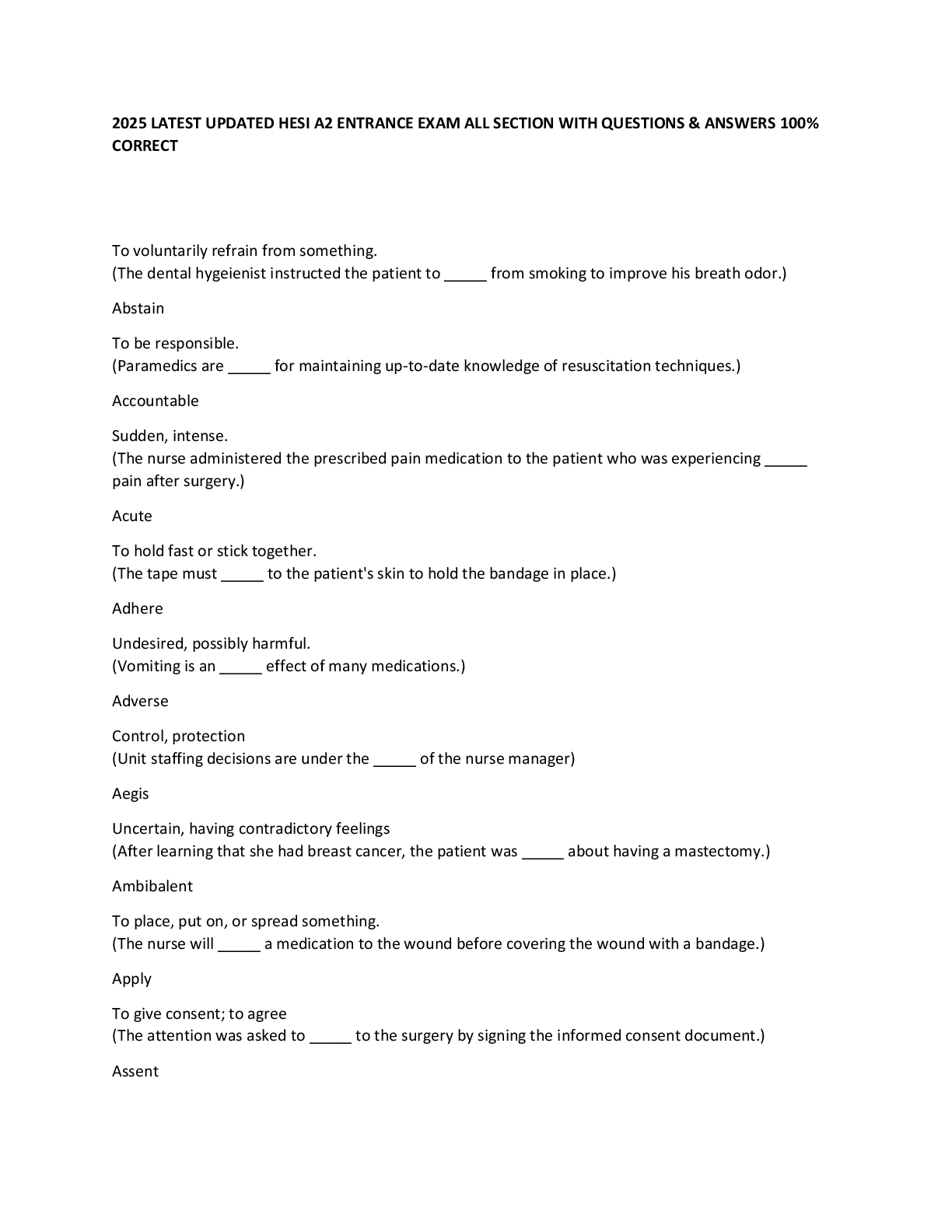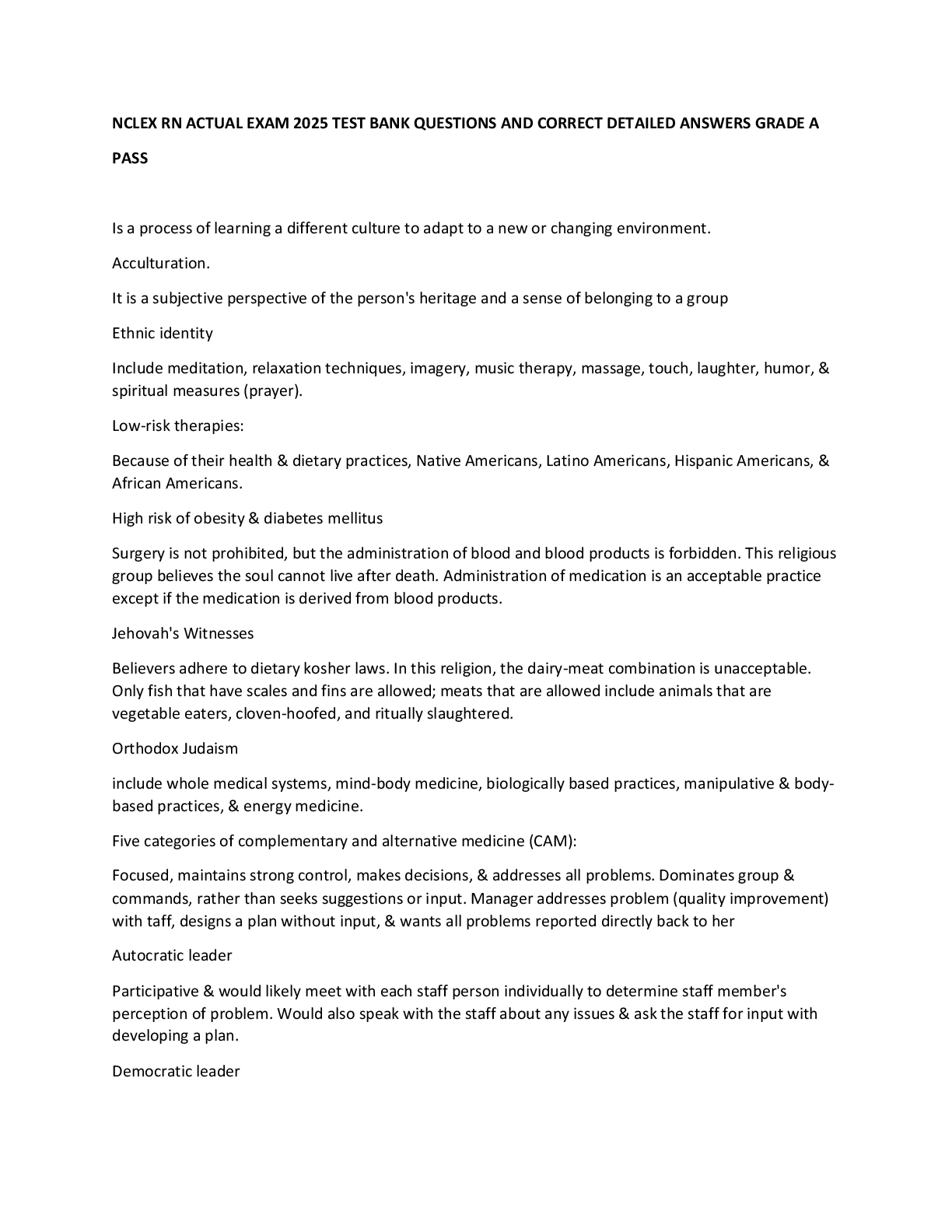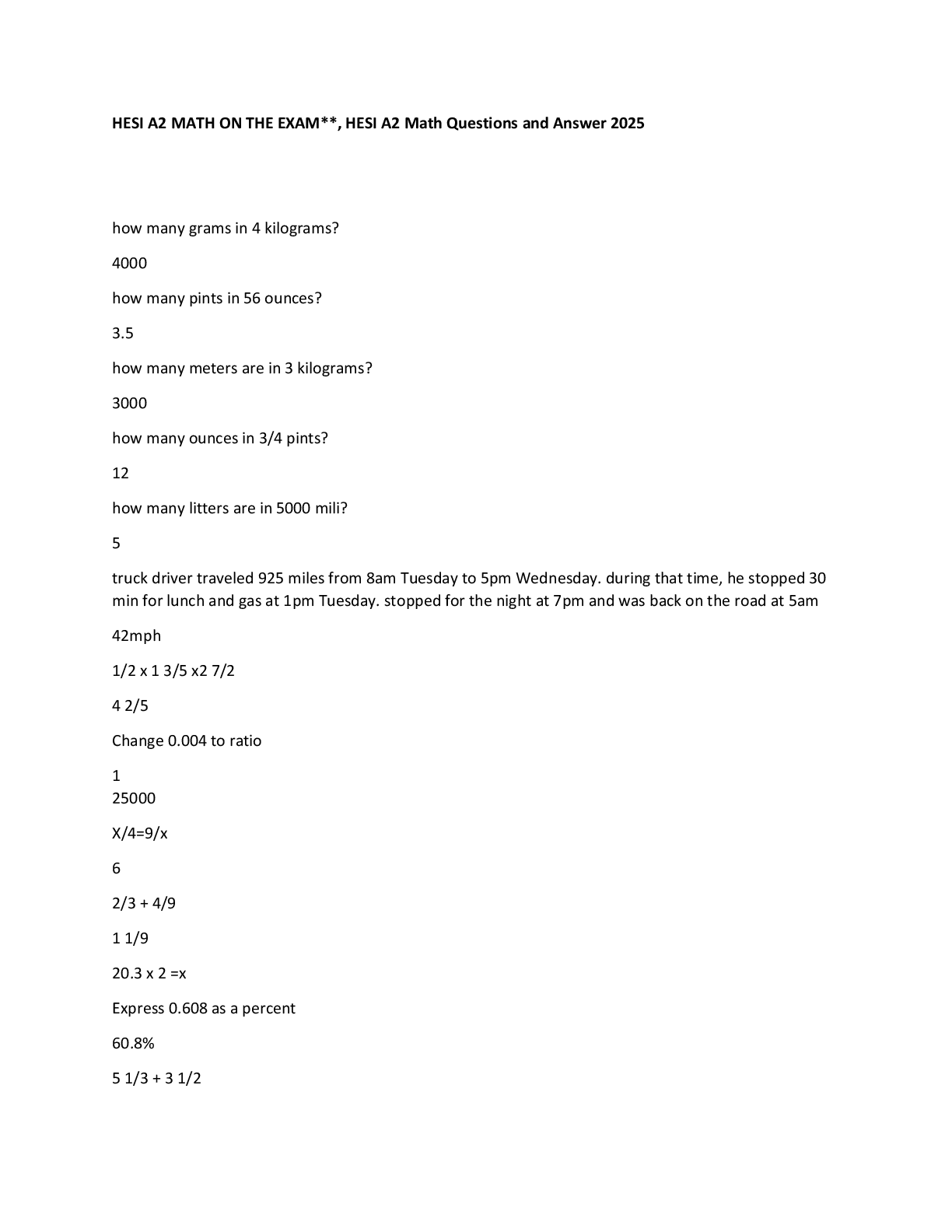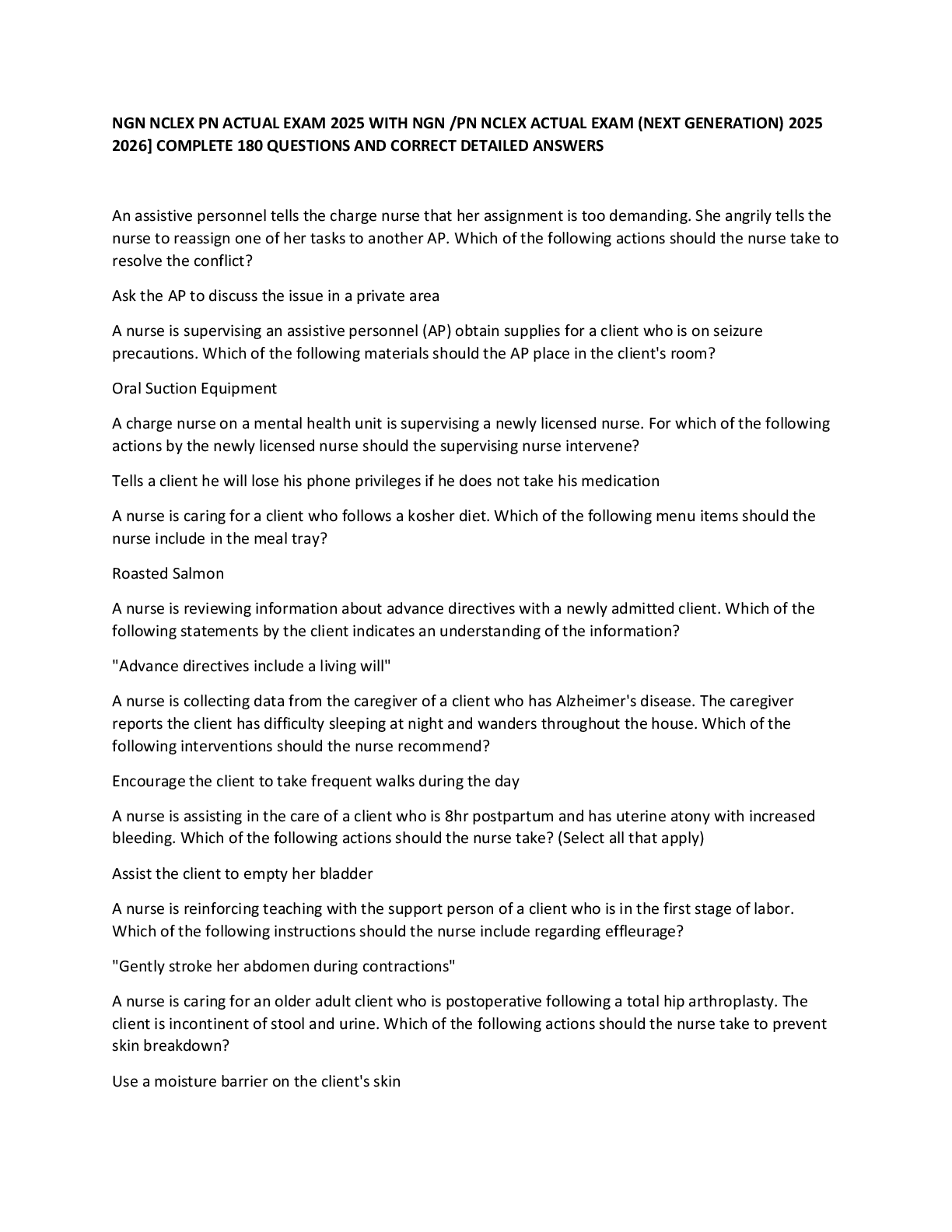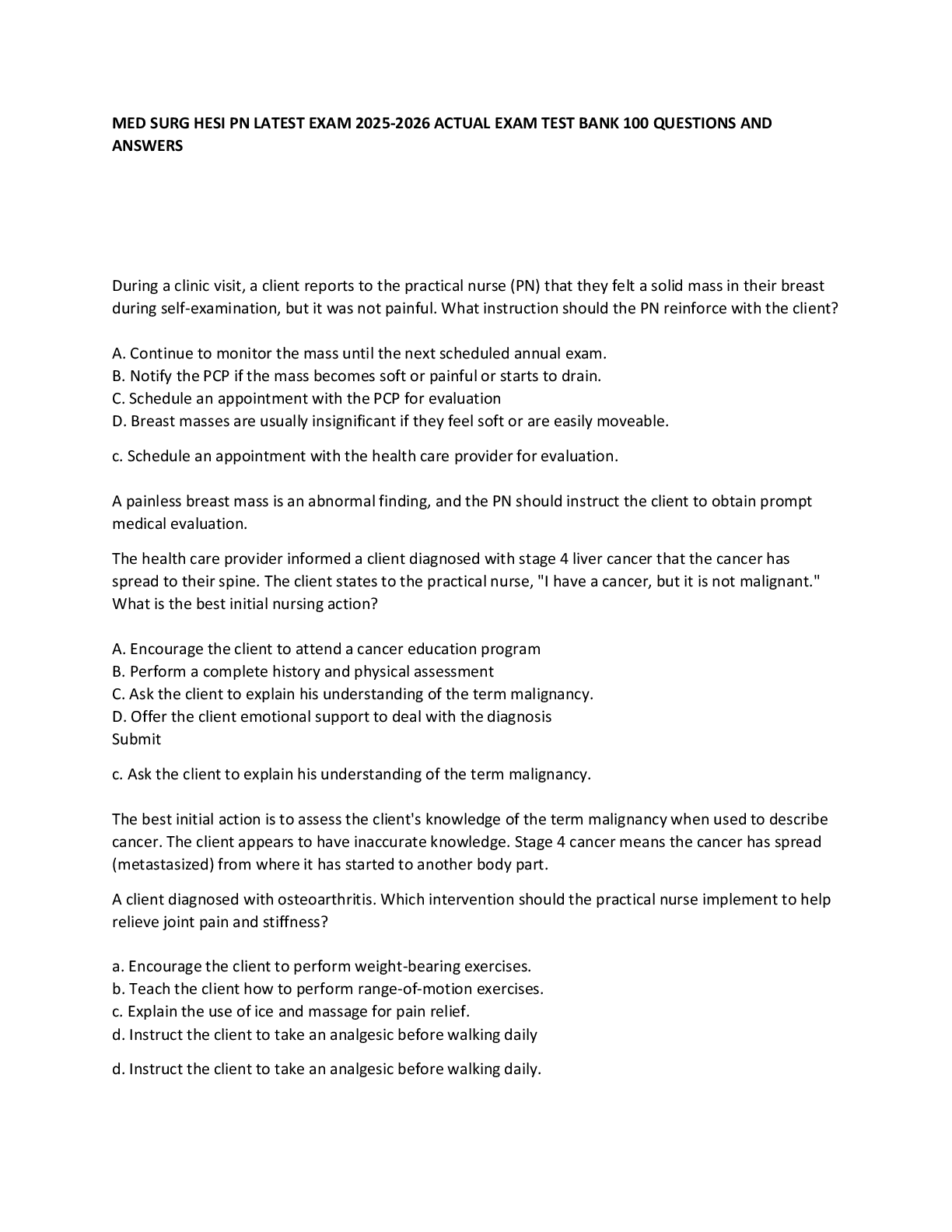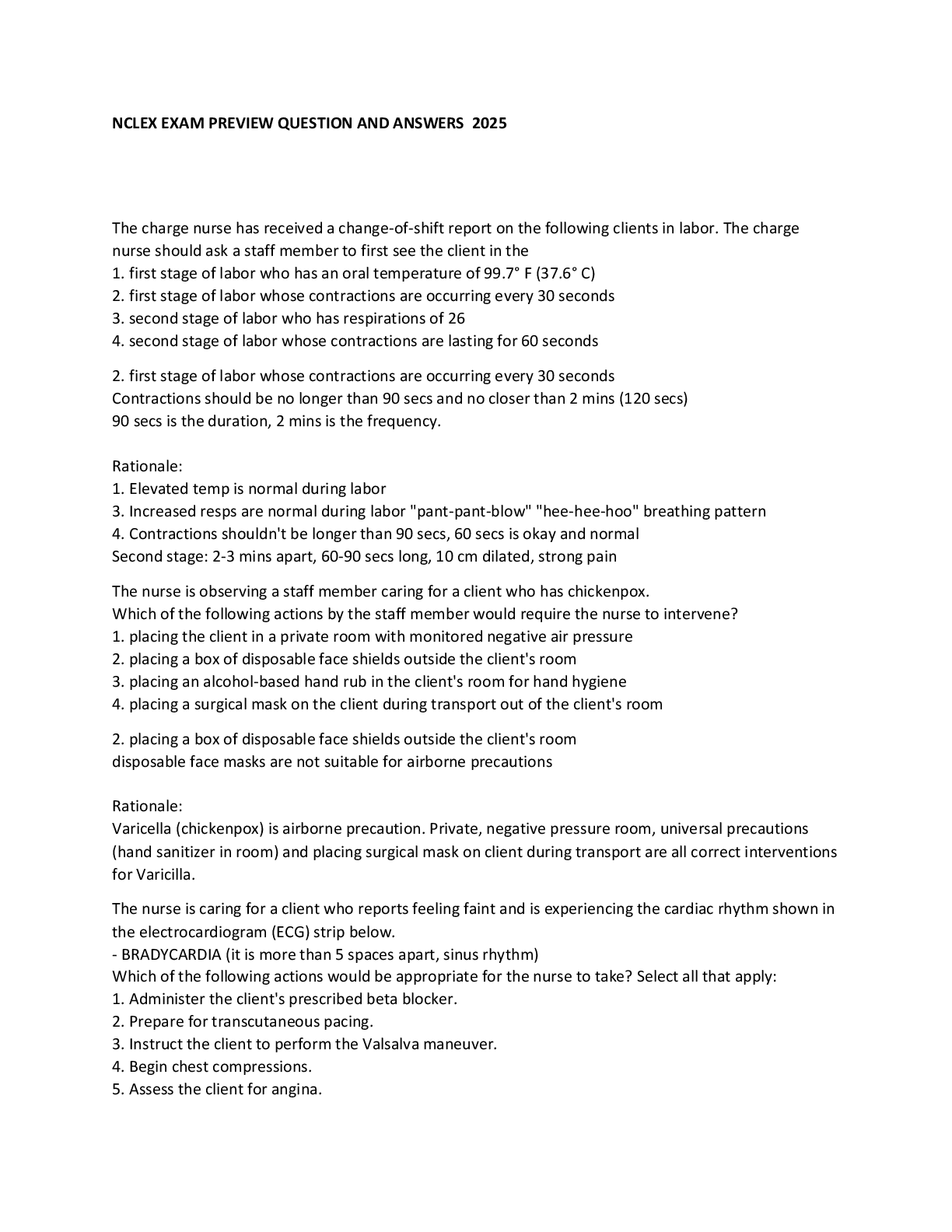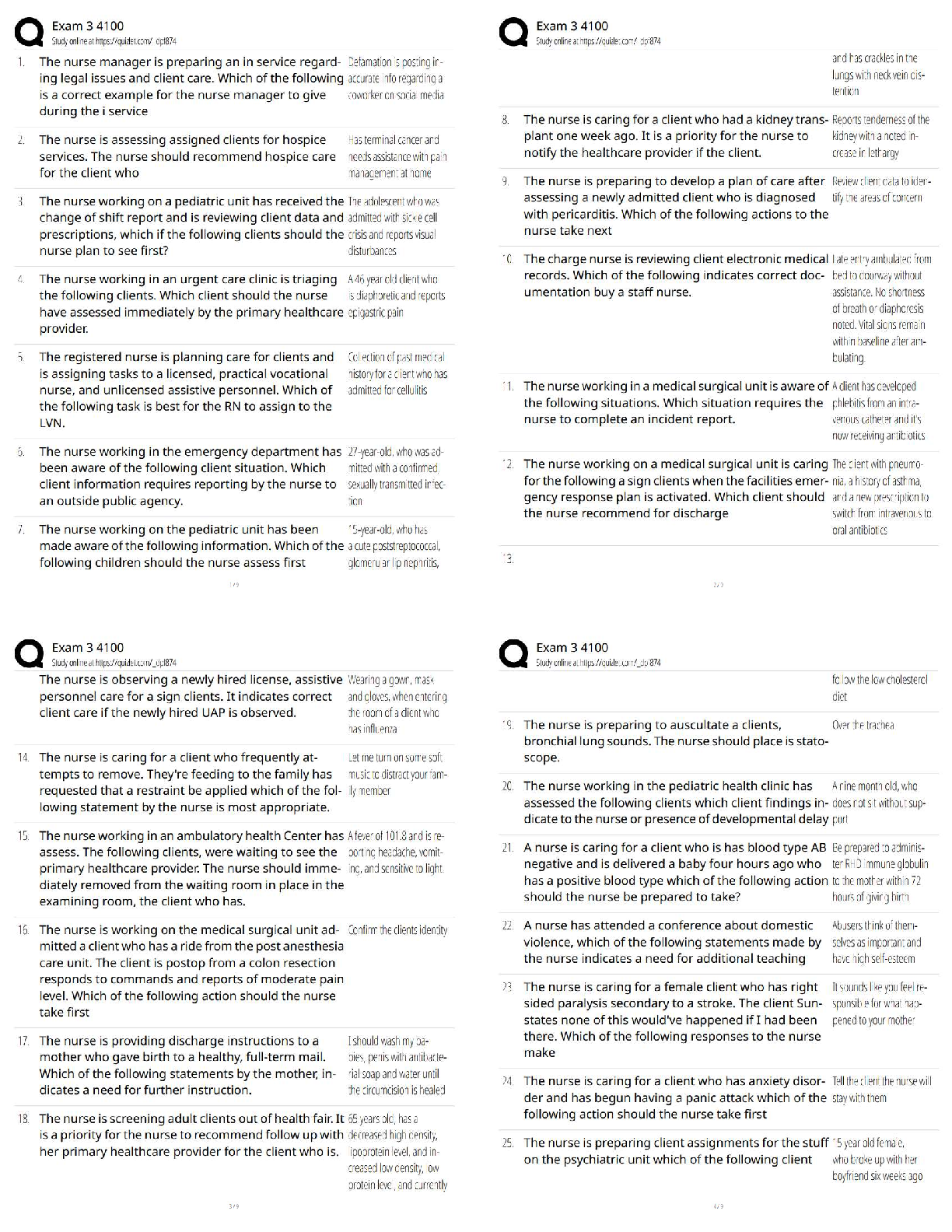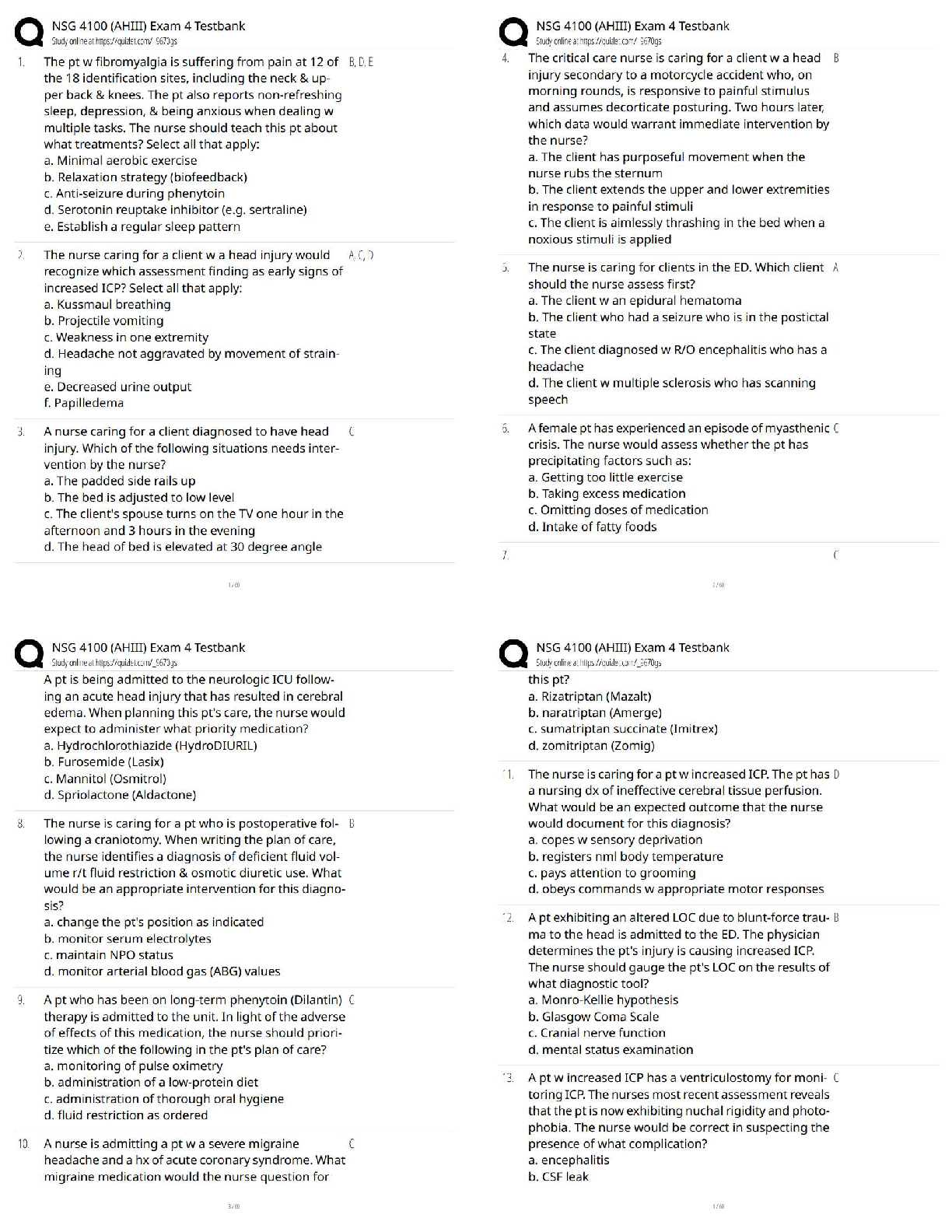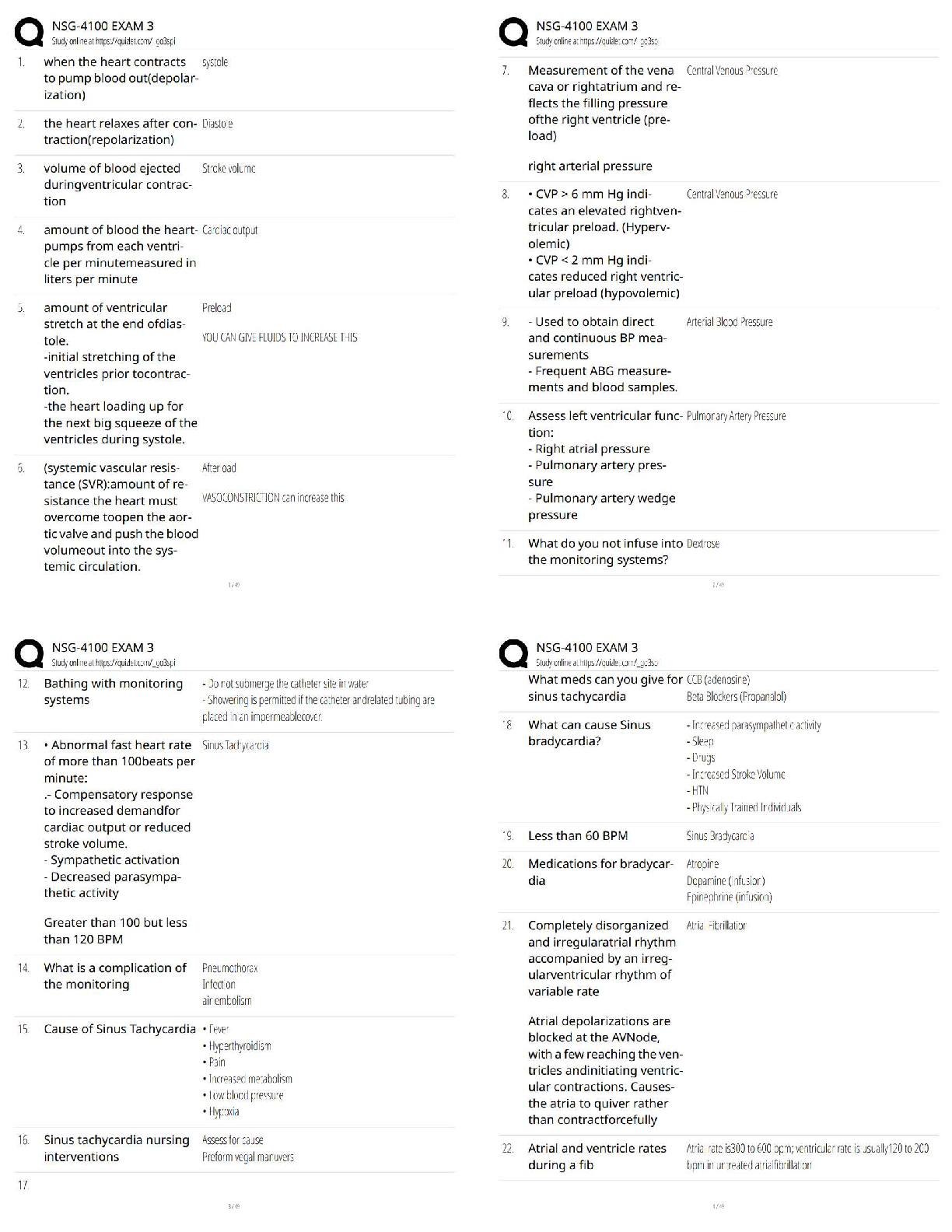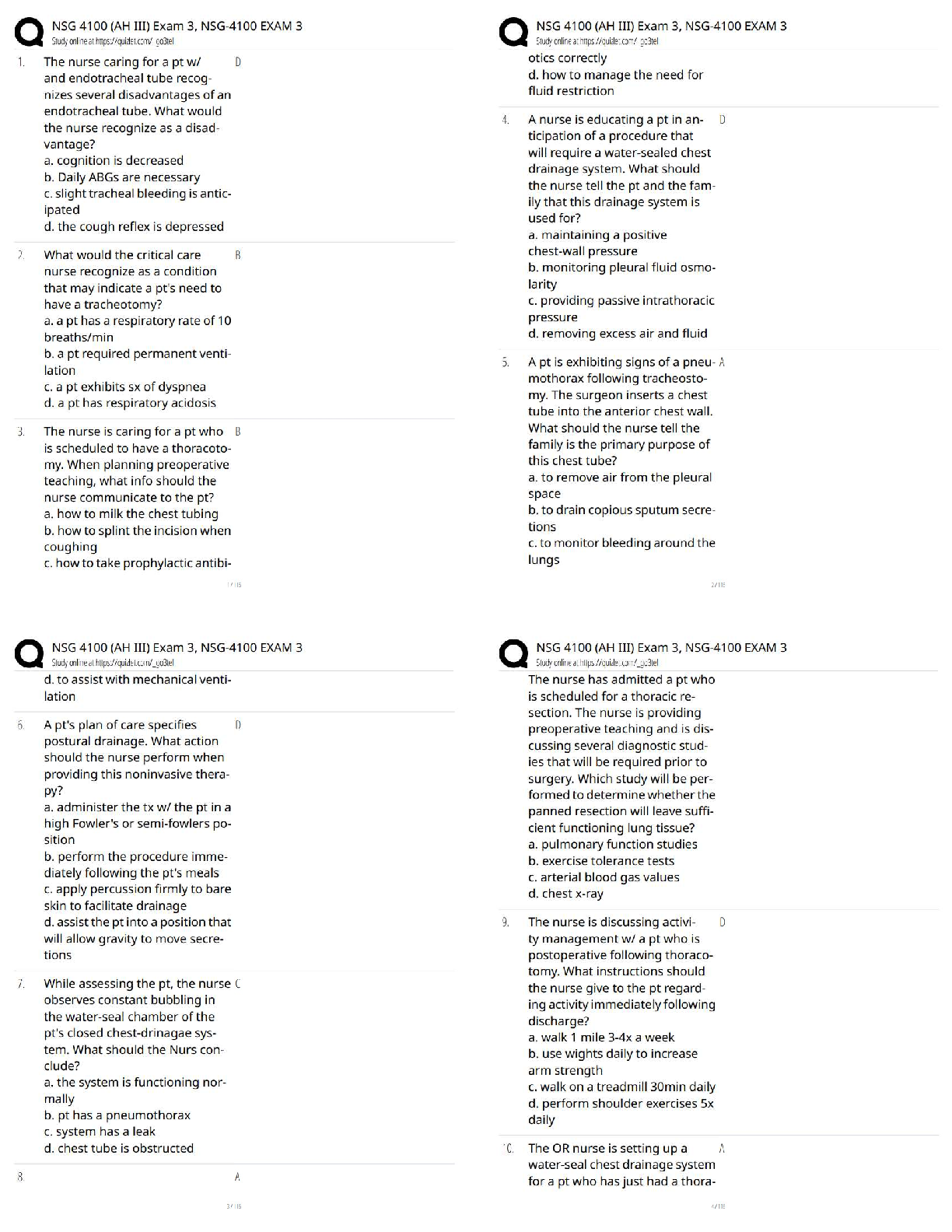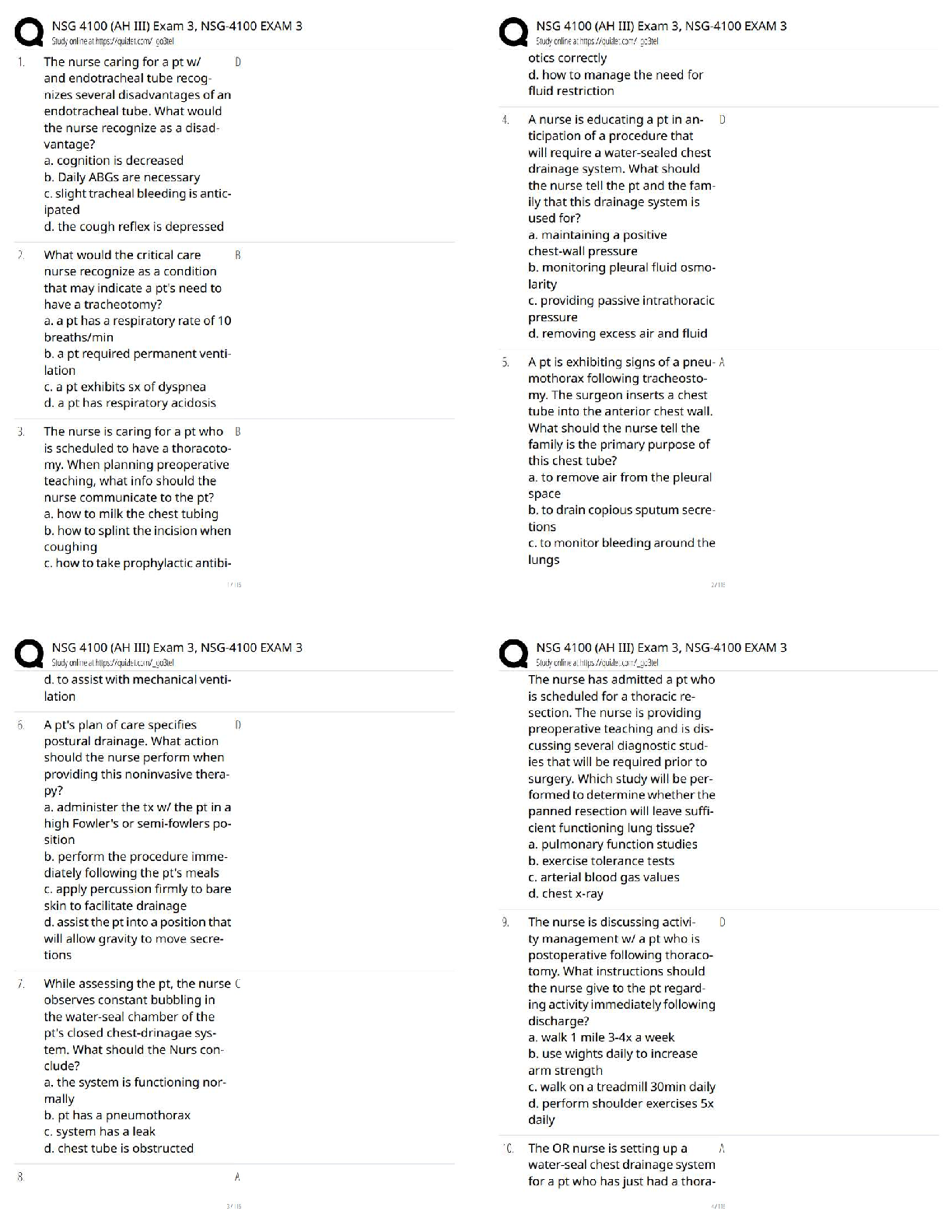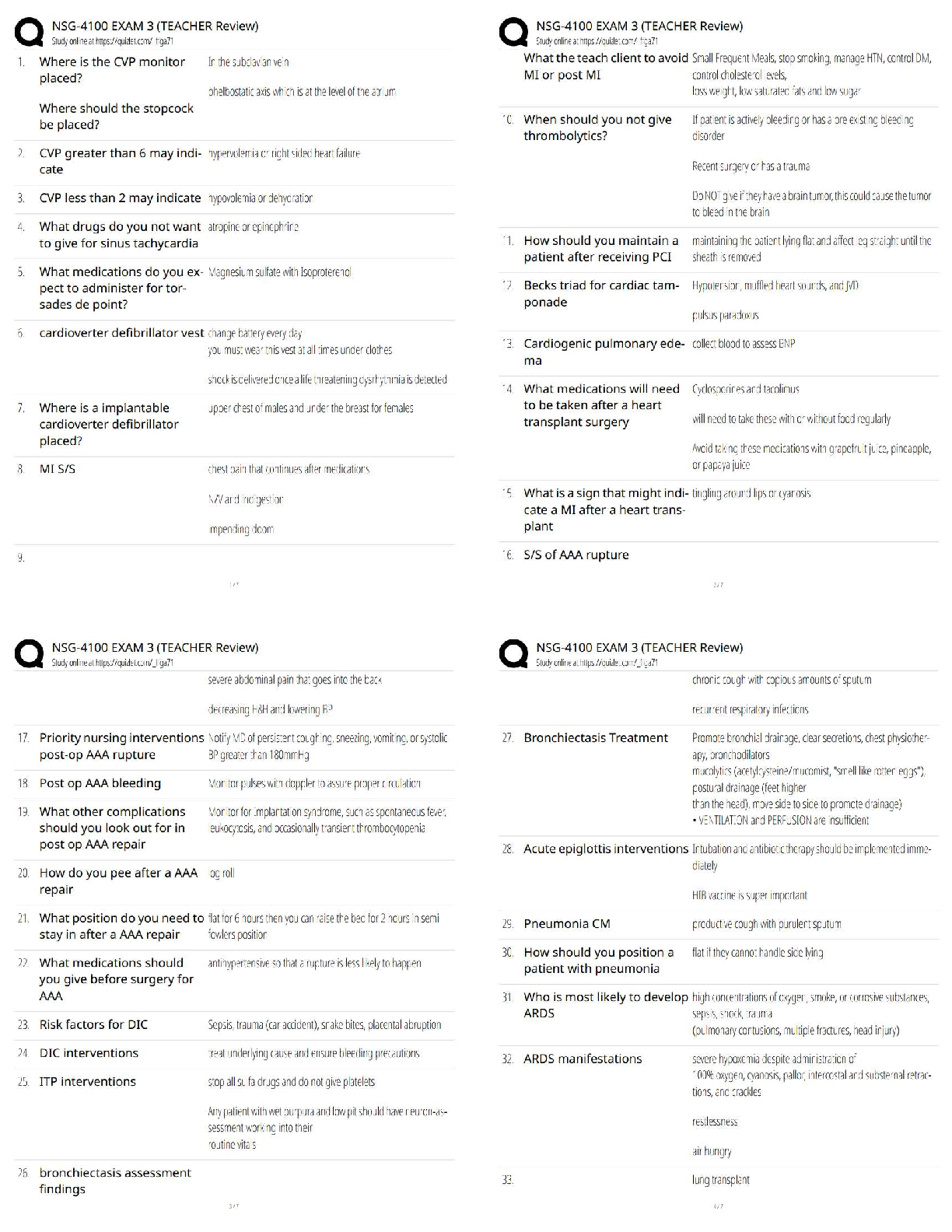Which of the following is a term that could be applied to many American Indian groups before European
contact? (4 points)
Select one:
a. Enslaved
b. Coverture
c. Irreligious
d. Matrilineal
What role did religion p
...
Which of the following is a term that could be applied to many American Indian groups before European
contact? (4 points)
Select one:
a. Enslaved
b. Coverture
c. Irreligious
d. Matrilineal
What role did religion play in Cortés's and Columbus's explorations? (4 points)
Select one:
a. They were determined to convert American Indians to Christianity.
b. Catholics in Spain and Italy supported their expeditions because they wanted to end Muslim
control of the Eastern trade.
c. They benefited from Ferdinand's and Isabella's efforts to promote tolerance in Spain.
d. Spain wanted them to find a refuge for those being driven out of the country by the Reconquista.
Which one of the following is true of agriculture in Spanish America? (4 points)
Select one:
a. African American slaves performed most of the labor.
b. Spain did not do any farming in its empire.
c. American Indian slaves did the work on large-scale farms.
d. Catholic priests were forbidden to be involved in farming.
What motivated the Portuguese to begin exploration to find a water route to India, China, and the East
Indies? (4 points)
Select one:
a. To prove that the world was round
b. To establish land empires in India and China
c. To eliminate Muslim "middlemen" in the luxury goods trade
d. To find markets for Portugal's surplus manufactured goods
What was the significance of Spain's New Laws of 1542? (4 points)
Select one:
a. Led Protestant Europeans to create the "Black Legend" about Spanish rule in the Americas
b. Commanded that American Indians no longer be enslaved in Spanish possessions
c. Forbade the enslavement of Africans in New Spain
d. Introduced the encomienda system
Which of the following explains the rise of the "hybrid culture" in the Spanish empire? (4 points)
Select one:
a. Forced conversion to Christianity
b. Diversity of the residents
c. Official policy of racial intermarriage
d. Effects of epidemic disease
In Yoruba traditional religions, the god Obatala created Earth and human beings.
"The kindness of the seventh day,
Never to leave the king,
The worshiper of the father,
The worshiper of the god,
The worshiper of the savior,
The father savior;
Without a hearth,
We ourselves make ourselves Children of Obatala."
—Translation from an African-Brazilian Folk Song
How is a combining of cultures reflected in the song excerpt? (4 points)
Select one:
a. The song was sung in English in the colonies.
b. The Yoruba people were American Indians native to Brazil.
c. The slaves of Brazil replaced their traditions with Christianity.
d. The words reflect both Christian and traditional African beliefs.
Why were the Spanish interested in extending their claim into North America? (4 points)
Select one:
a. Years after the explorations of de Soto and others, most Spanish still believed there were vast
stores of gold yet to be discovered.
b. They wanted to get revenge on the French and other powers by establishing bases from which
they could attack trading ships.
c. Bases and missions further north would help protect their land claims and trans-ocean shipping
from European rivals.
d. Spain was late to the Atlantic Slave Trade because of the success of American Indian enslavement
and indenture.
As a result of Bacon's Rebellion, "The fear of civil war among whites frightened Virginia's ruling elite, who
took steps to consolidate power and improve their image: for example, restoration of property
qualifications for voting, reducing taxes and adoption of a more aggressive Indian policy."
—Eric Foner, Give Me Liberty!, 2014
How did English colonization affect the Iroquois Confederacy? (4 points)
Select one:
a. After a series of complex negotiations, both groups aided each other's imperial ambitions.
b. The English destroyed the Iroquois Confederacy temporarily but revived it under Sir Edmund
Andros's rule after the Glorious Revolution of 1688.
c. English oppression drove the Iroquois to the side of the French, who eagerly sought their support.
d. It enabled the Iroquois to build alliances with other tribes against a common enemy.
Why did warfare between colonists and American Indians during the 17th century generate a sense of
superiority among the colonists? (4 points)
Select one:
a. They were proud of their own success despite the American Indians having more sophisticated
weapons.
b. They considered the American Indians' style of fighting to be not just unethical but also savage.
c. They saw their lack of any losses as proof that they were destined to control the land.
d. They believed that
[Show More]
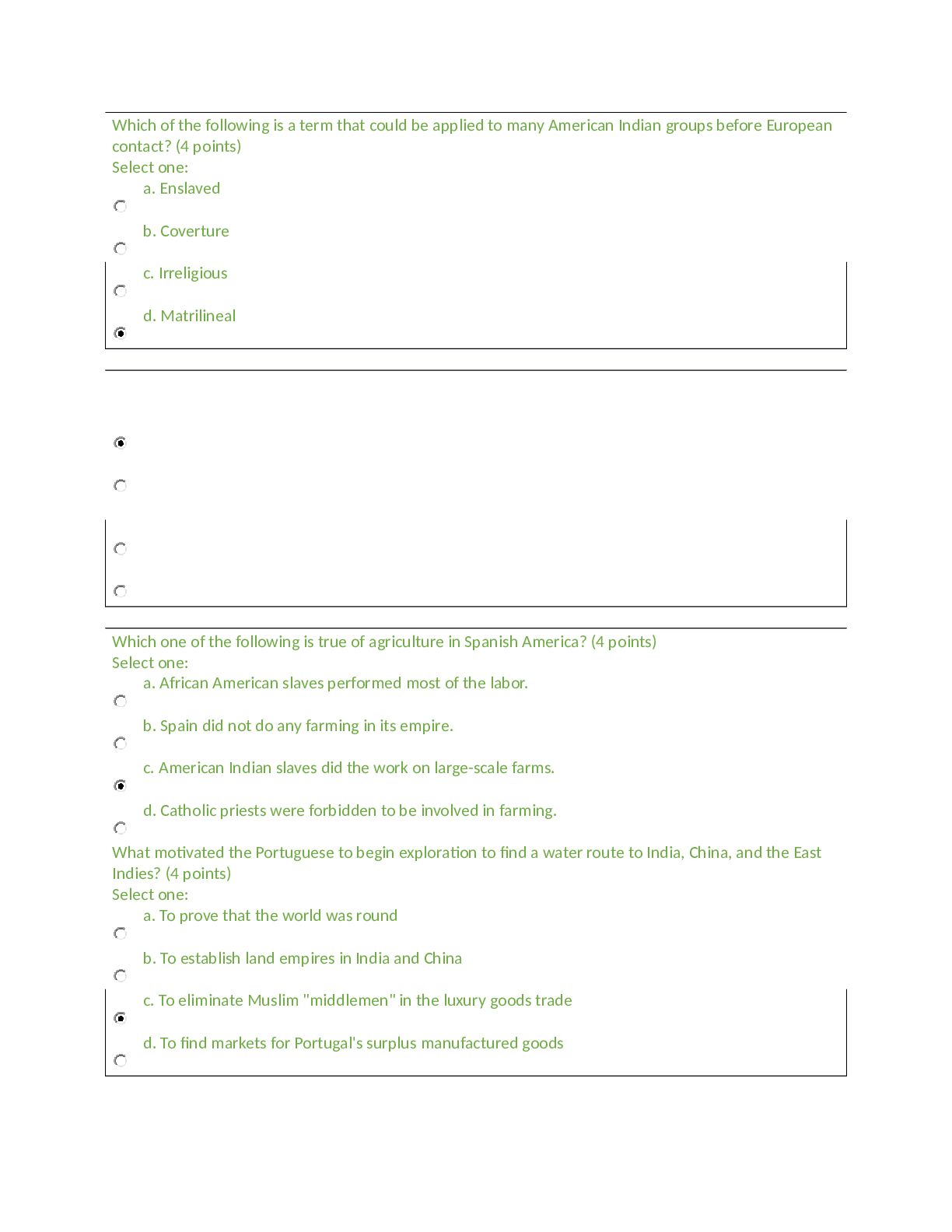


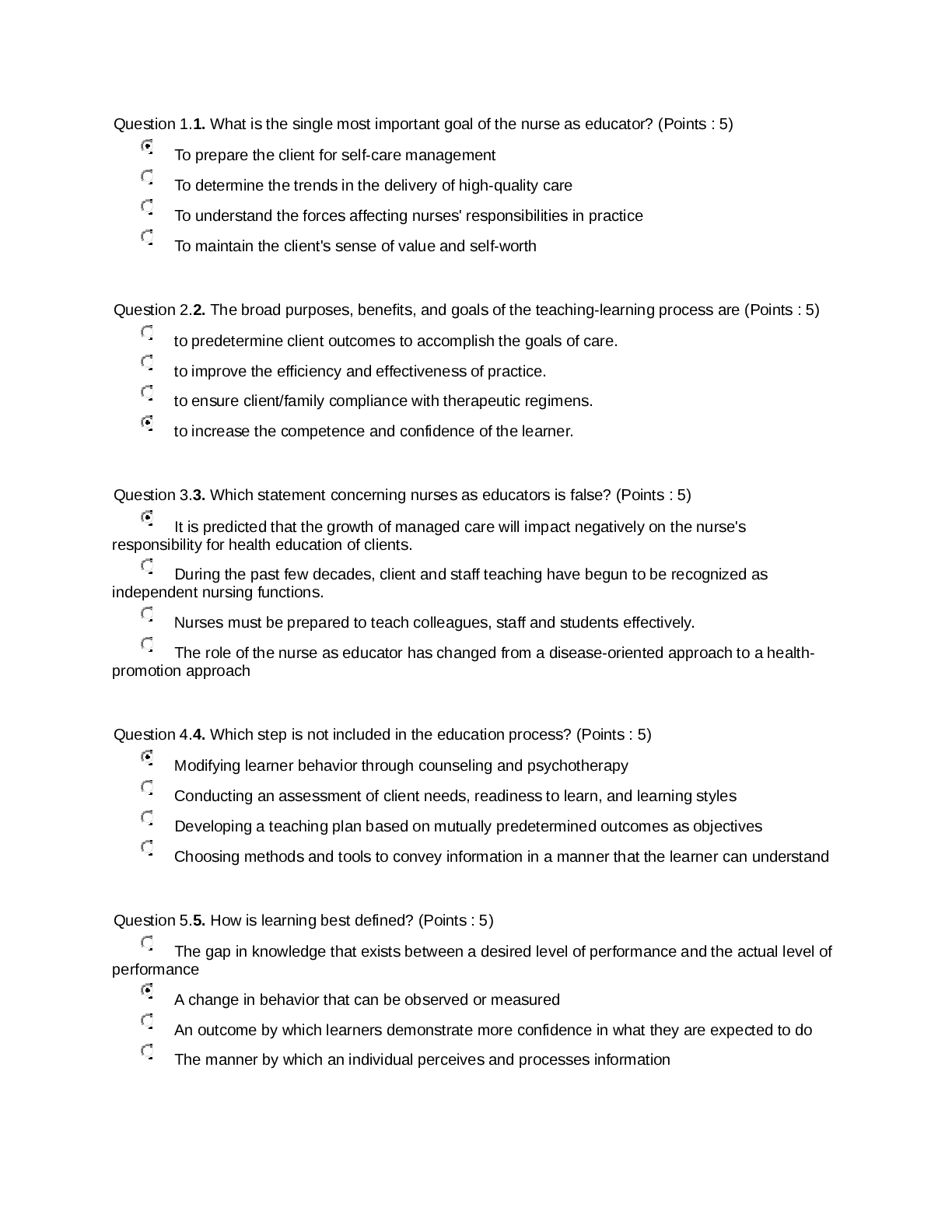
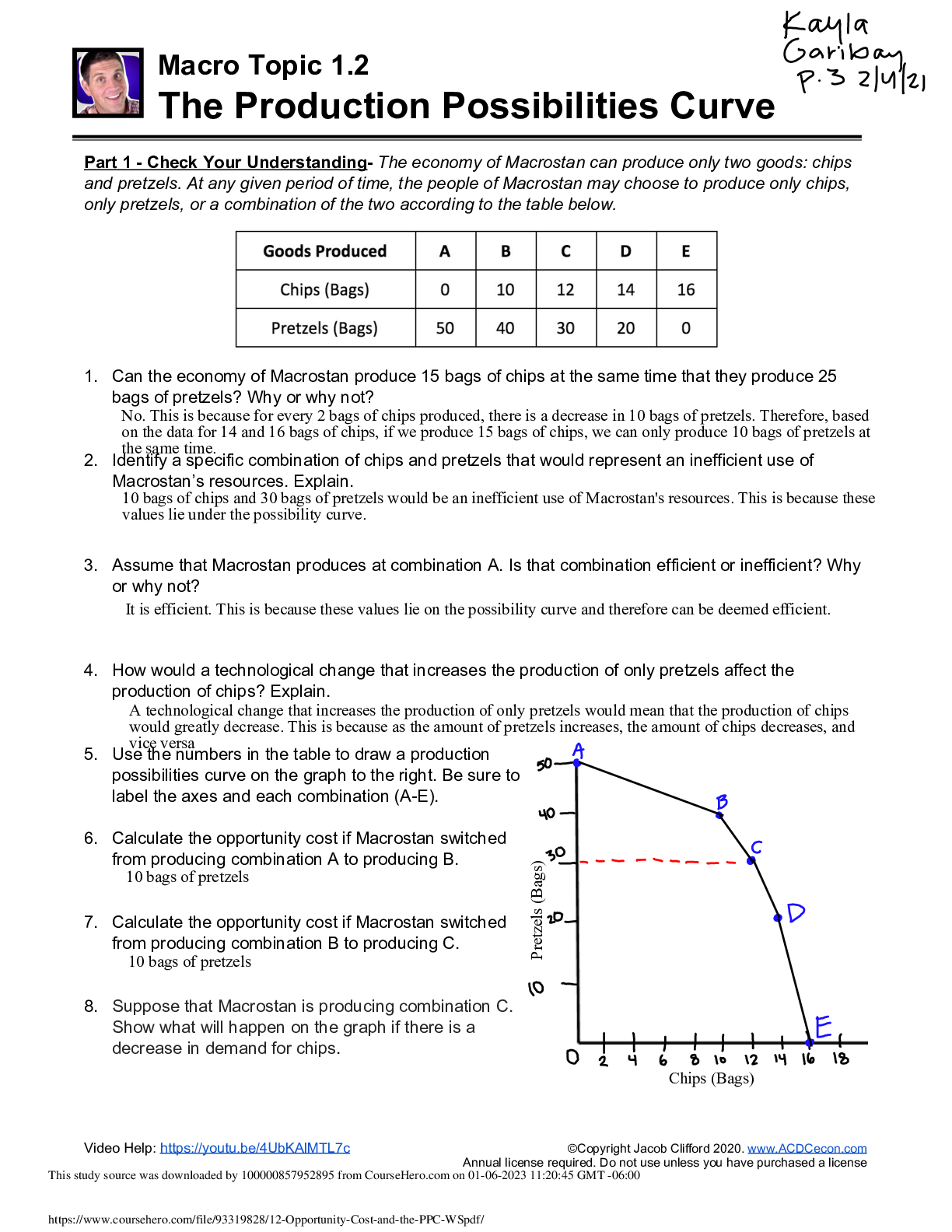



.png)



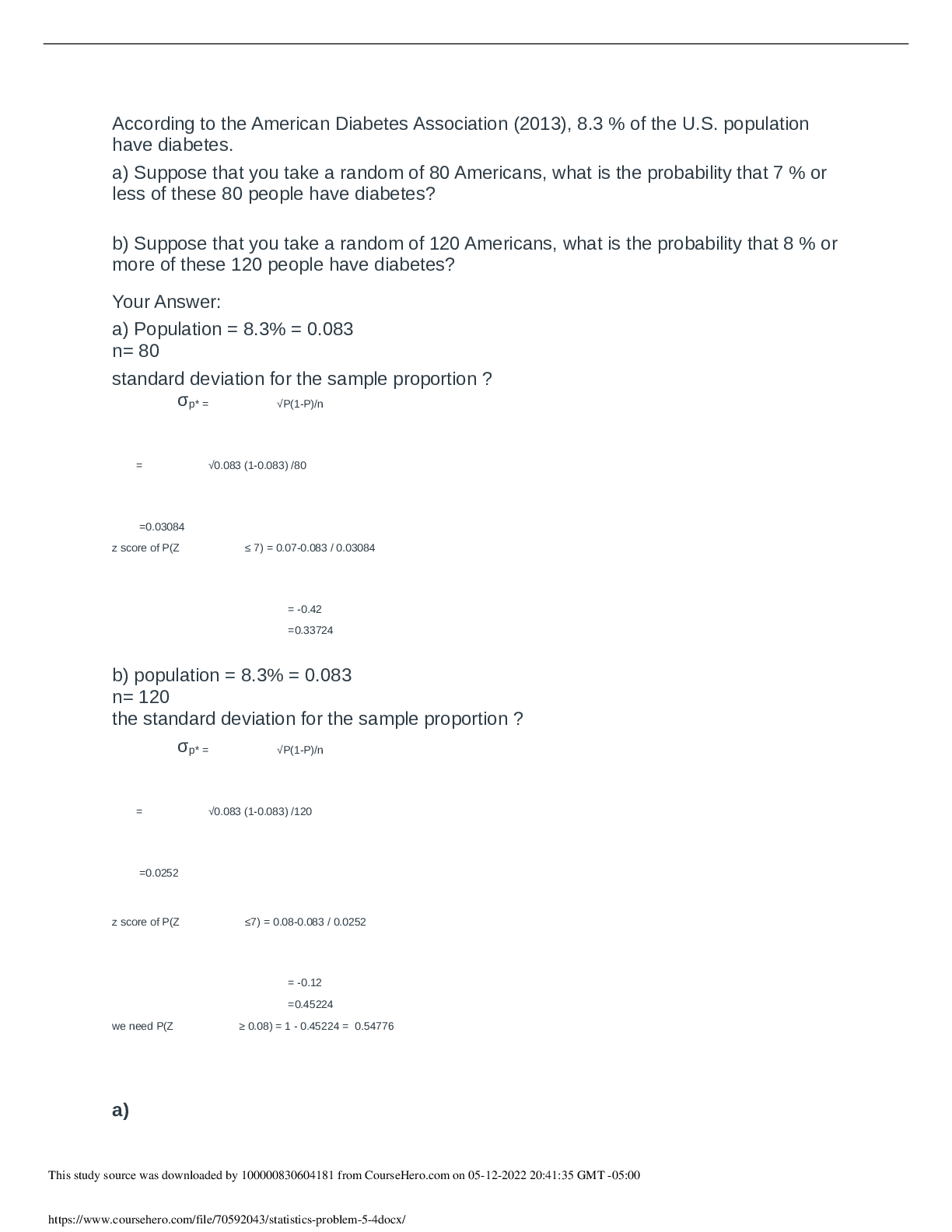
.png)

